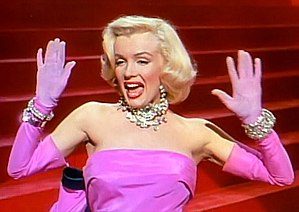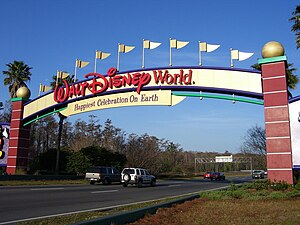Hopefully this explains everything:
Also this: (Who kills succulents??? Me.)
In 2002, I had a cactus for almost a month! Eleven years later I decided to try again with little success.
In 1998, I got a puppy! In 1999, I gave it to my folks.Good news: fourteen years later they are not so eager for grandkids!
Phew! It’s good to be childfree! Also, it’s probably for the best that I don’t have any living things to look after.
Related articles
- Friday Funny! Our TIME Magazine response (just kidding) (whynokids.com)





















